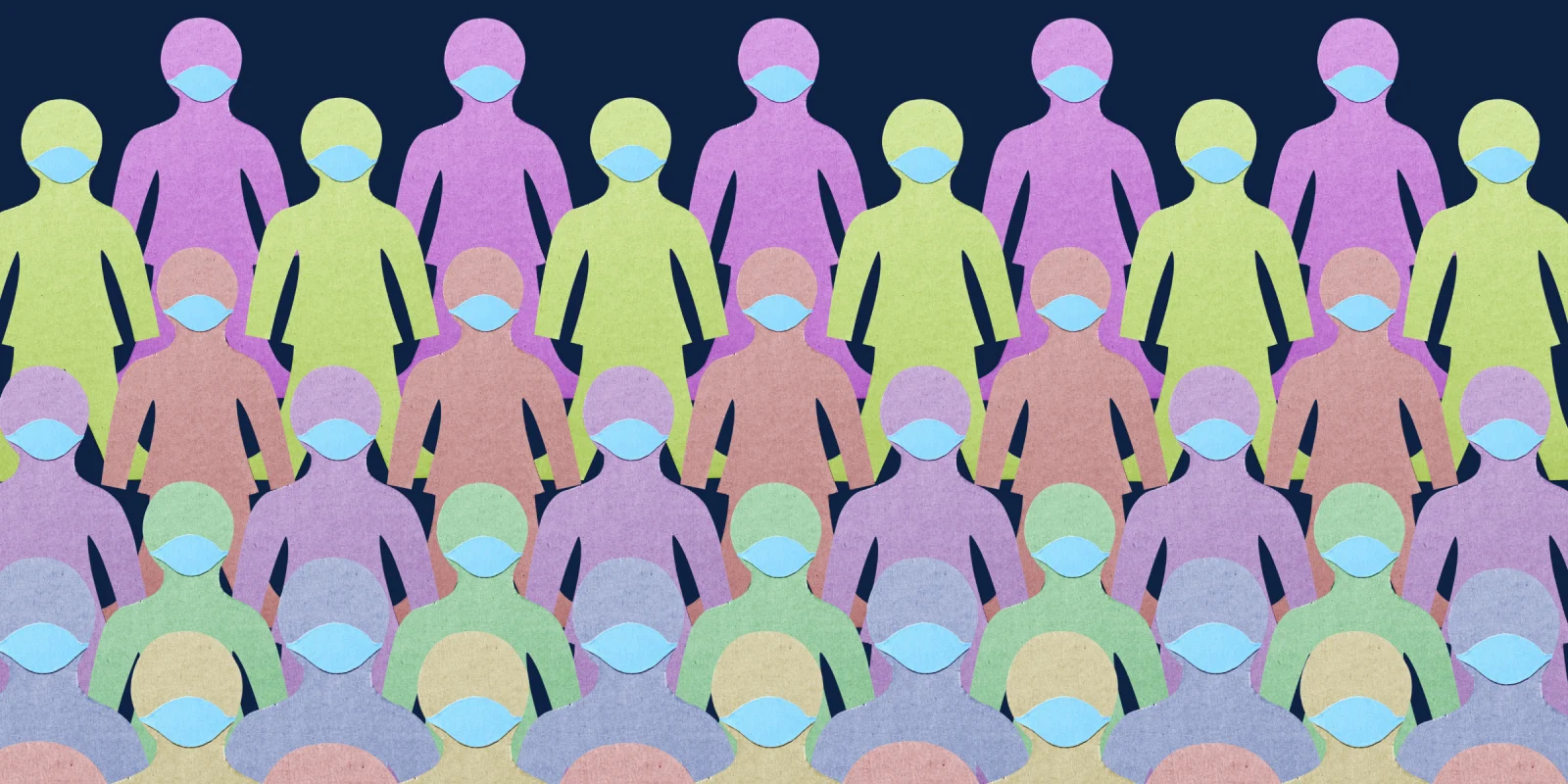
Dr. Jon Santiago, MD, MPH, wears two hats as a physician and a legislator. He works in the ED at Boston Medical Center in Boston, Massachusetts, and also as a Massachusetts state representative. Doximity interviewed him on his experiences treating COVID-19, especially its impact on vulnerable populations, such as communities of color and those experiencing homelessness.
Doximity: How has the past month or so been for you? What were turning points for you?
Jon Santiago, MD, MPH: I’ve been talking about COVID-19 for a while, before it was declared a global pandemic. I remember doing an interview and [my] concern was if community spread were to develop here in Boston or across the country, we would likely be in deep trouble because of the inequities in our health care system.
I’ve worked every weekend. When I first started [treating COVID-19], protocols and procedures weren’t really set up. I remember getting a call at three o’clock in the morning that homeless shelters were no longer accepting people with symptoms. I said, “Well what does that mean?” Every homeless person I know has a cough. Next thing you know, my ED is flooded with folks. Do I admit them or wait it out? This was at a time when guidelines from the federal government were all over the place on who to test. We’ve made incredible strides, but we’re still playing catch-up. I’ve spent a couple of shifts at the new field hospital here in Boston working primarily with homeless patients who are COVID positive. Universal testing was done at one shelter and a third of patients were found to be asymptomatic. Testing has been ramped up but Massachusetts is one of the states with the most cases.
Dox: What do you think U.S. clinicians can learn from what's being done in Boston?
JS: Boston has been proactive with setting up testing sites in communities of color. Different public health communication modalities are being used such as trucks driving around and using a megaphone to announce about COVID-19 in different languages. The mayor was also quick to set up a health equity taskforce. As someone who is Puerto Rican and grew up in these communities of color [I’m] making sure our state reflects that. Recently, the speaker of the House and the Senate president put out a statement saying we need to do a better job at collecting robust race and ethnicity data [on COVID-19]. [COVID-19] exposes communities of color to underlying health inequities. Other cities and states could take a page from this. We should look at communities of color as hotspots and be proactive, by having universal testing and a comprehensive, robust public health campaign. It’s challenging. Chelsea, Massachusetts is very dense; 66% are Latino. They have intergenerational housing. They’re essential workers. They have to take the T [Boston’s public transportation system]. They’re set up for it.
Dox: More people of color are dying from COVID-19. How do you link racial justice into emergency response?
JS: When you look at any problem or disparity there’s always short, middle, and long term objectives and goals. You shouldn’t be at a more likelihood of dying just because you’re black or brown. Structural racism requires structural change. One thing I’ve been active on is the Crisis Standards of Care. It’s essentially the rationing plan that hospitals [in Massachusetts] will put into place if there are no ventilators or other resources. There was concern that the guidelines were inherently and structurally racist because they prioritized healthier people who don’t have things like diabetes, heart disease, kidney disease. That means people who have those [conditions] will be deprioritized. And who are the people that have those [conditions]? People of color. I’ve been working with Congressman Kennedy and Congresswoman Pressley and we’ve been very vocal about this. Some updates will be coming out that will hopefully reflect our concerns.
Dox: What can front-line clinicians do to address people at the margins?
JS: In the hospital, we have to think of what we are doing to make people of color feel more comfortable. How do we make sure we speak their languages with available interpreters? We also need to help undocumented people feel like they can receive care. This was important before COVID-19 arrived but even more so now.
Dox: What health care legislation do you think is most important for U.S. clinicians to know right now?
JS: In moments of crisis it’s time to be innovative and take a chance. It’s not just telehealth, but how can we also expand the health care workforce? There are a couple viable options like expanding the scope of practice, at least temporarily, for NPs and PAs. We just passed a big liability bill in Massachusetts to protect health care workers. When I think about the economic fallout of this and that the poorest of the poor will be disproportionately impacted it goes back to housing security, groceries, education, everything. We need to be thinking about how to address disparities long after COVID-19 is gone.
Dox: What are your thoughts on combining medicine and policy?
JS: If you’re a physician and you care about your patients, it’s not enough to care about them in the here and now, in the clinic or hospital. What helps me be a better legislator is my physician practice, and vice versa. Not many physicians understand this because by our nature we are very analytical. Sometimes in health policy you would wish it’s all about data, but that’s not how it works. Stories matter and give a whole other insight. When I am able to take the stories of my patients and amplify them at the State House, that is serving their cause.
This interview was conducted by Angelica Recierdo, MS, BSN, Doximity Editor.
Click here to see more perspectives on COVID-19 from the Doximity network.
Click here for up-to-date news about COVID-19 on Doximity.





